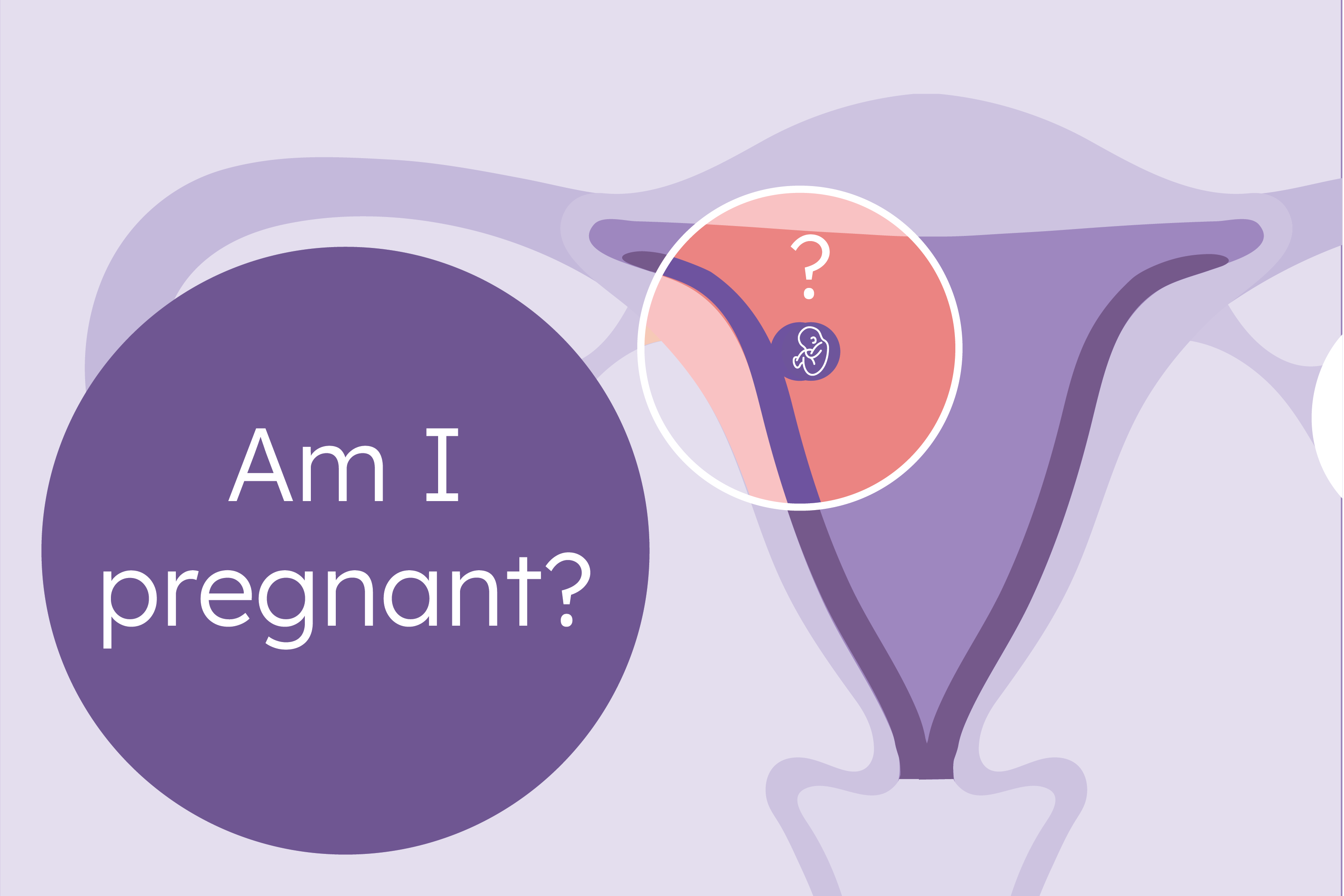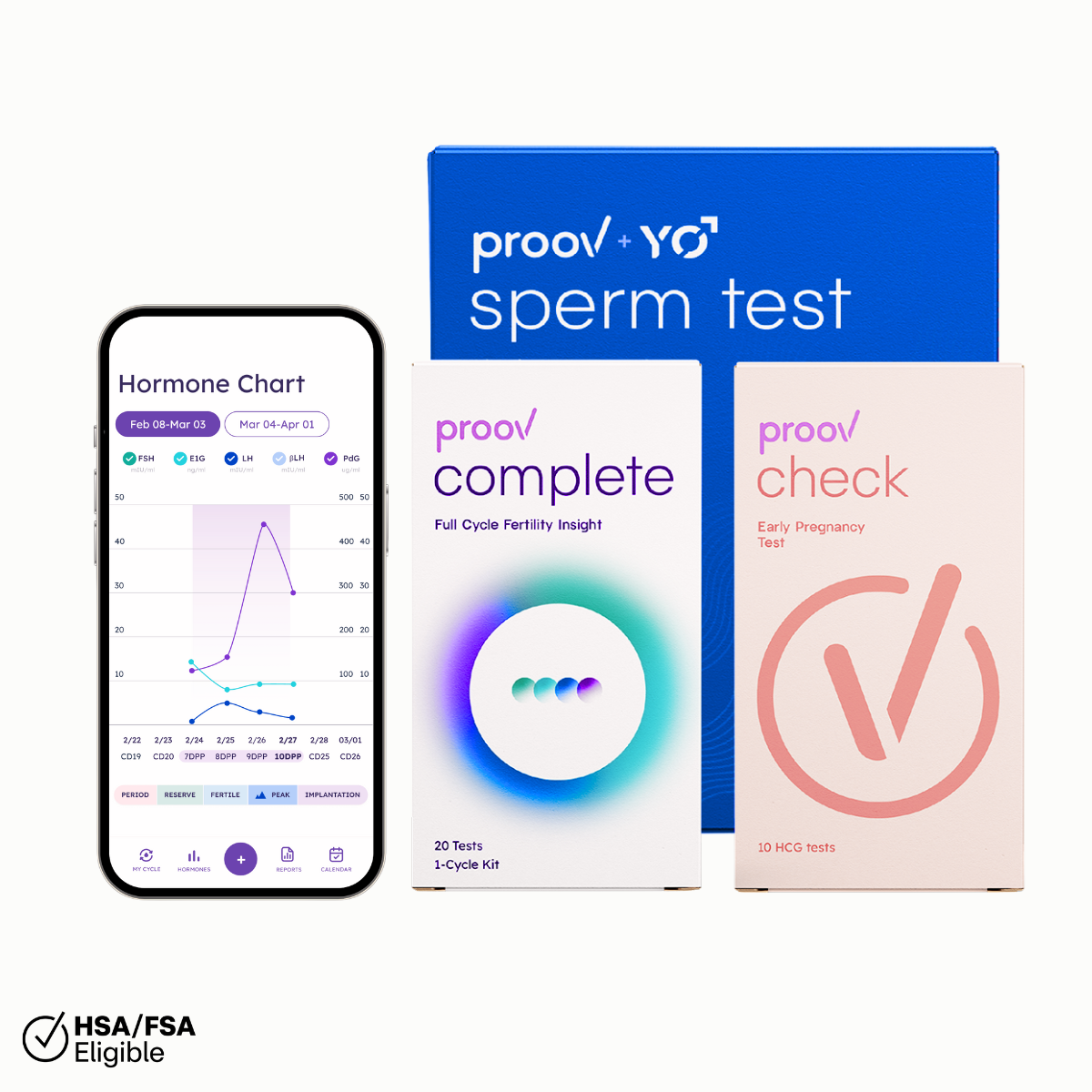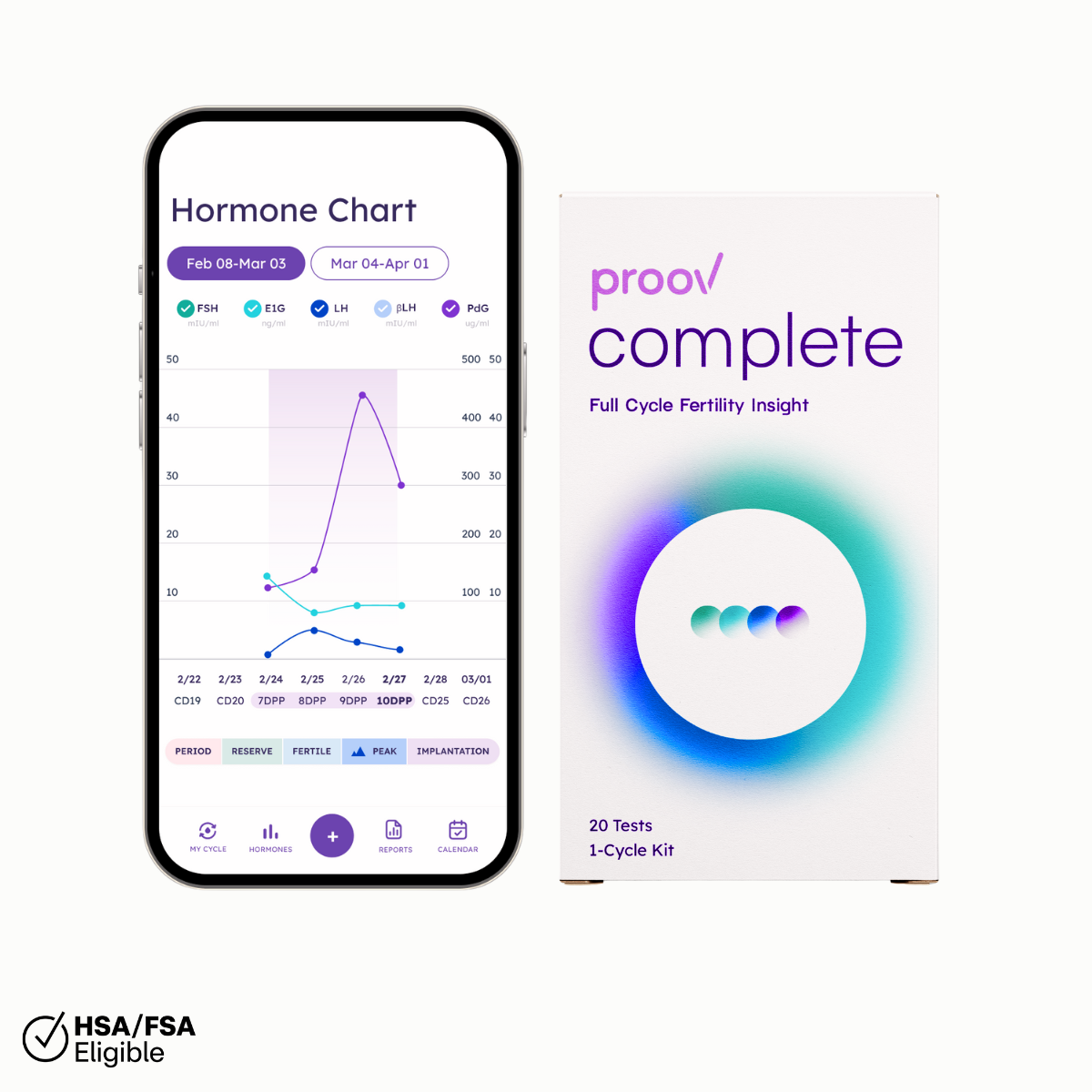Pregnancy is a huge deal, and it’s possible that at some point in your life, you may wonder, “How do I know if I’m pregnant?”
You may want to be pregnant, or you could be terrified of the possibility. Either way, being prepared with how to know if you are or not can help reduce stress and help you prepare for the future – whatever it may hold!

Take a Pregnancy Test
One way to find out if you’re pregnant is to take an at home pregnancy test. You can use these tests before or after you experience pregnancy symptoms.
At home pregnancy tests can be purchased at any major pharmacy or grocery retailer, or can be purchased online and shipped to your home. In order to take these tests, you’ll need to urinate on the end of the test strip or into a cup so that you can stick the end of the test strip into the urine for a specified amount of time.
The test will then measure the amount of the hormone human chorionic gonadotropin (hCG) in your urine. HCG is the hormone created by an embryo that’s already implanted in the body, which is why it’s also known as the “pregnancy hormone.”
It’s always recommended that you read the instructions on your particular brand of at home pregnancy test in order to get the most accurate result. Each brand will have a different recommendation for how long to wait before viewing results and at what point results are no longer valid. You’ll want to do all you can to get the most accurate result!
Proov Check early pregnancy tests can detect pregnancy up to 5 days before your next expected period! That’s sooner than other pregnancy tests that recommend waiting until after a missed period to test.
What are other signs of pregnancy?
If it’s too early to take a pregnancy test, or you’re unable to take one, there may still be signs of pregnancy. Let’s explore some of the most commonly discussed pregnancy symptoms!

Implantation bleeding or spotting
When you start searching the internet for all the pregnancy symptoms, you may run across implantation bleeding or spotting. Before you get too focused on this particular possibility, though, let’s take a look at how often this actually occurs.
Implantation bleeding may not be all that common, although some sources show up to one-third of pregnant women can experience it.
If they do, it’s typically a brown spotting 6-12 days after ovulation. The most common time for an embryo to successfully implant is 8-10 days after ovulation. This means that 90% or more of those pregnant will not experience true implantation bleeding.
Tender or swollen breasts
Breast changes can be one of the earliest signs of pregnancy! The areoles (the darker skin around the nipple) begin to swell, in addition to the breasts themselves.
This causes them to feel tender, sore, or even tingly. These changes occur because the breasts respond to the rising progesterone caused by the production of hCG and begin developing the milk duct system.
Bloating
Have you noticed your midsection feeling a little fuller than normal and wondered if it was an early sign of pregnancy? While most do not begin seeing a growing belly until much later in their first pregnancy, bloating could still be an early sign that you’re expecting.
When the body experiences significant hormone shifts, it can cause digestive issues like constipation and bloating. Early pregnancy certainly causes significant shifts in reproductive hormones! But, keep in mind, that bloating could just be a result of the natural hormonal shifts before a new menstrual cycle.
Fatigue
Fatigue is often reported in very early pregnancy, even before receiving a positive pregnancy test. It may catch you off guard, as it can hit fast and strong! This extreme fatigue is not a cause for concern, but a signal from your body to take it easy and give yourself some additional rest.
Pregnancy takes a lot of energy; it also causes an increase in the hormone progesterone, which can cause sleepiness and a decrease in energy.
Nausea or vomiting
A study published in 2021 identified a window of time when it’s most likely to begin to experience “morning sickness,” or nausea in early pregnancy — as early as 8-10 days after ovulation!
While it used to be generally thought that morning sickness began as late as six weeks, the study says, those dates were often based on last menstrual period (LMP), uncertain data, and irregular cycles. As many as 94% of women experience this nausea, so it could be exactly the early sign you need to know if you are pregnant or not.
A missed period
If none of these give you the reassurance you need, there is one other sign of pregnancy that can be very telling: you’ve missed your period!
If you track your ovulation and know when to expect your period, then this marker can be an excellent way to know if you’re pregnant.
The time between ovulation and your next menstrual period is called the luteal phase. This phase is fairly consistent in length for each person. While it may be anywhere from 9-17 days for the general population, each individual will find a more specific length that's typical for them.
If you don’t start your period at the end of that window, that’s a great time to take an at home pregnancy test or call your doctor to have a more specific blood test done.
If you’ve missed your period, but pregnancy tests are negative, call your doctor to investigate the cause of your missed period or to identify a more accurate way to track ovulation.
Waiting to find out if you’re pregnant can be a nerve-wracking time! We hope these common symptoms can help you as you make it through the “two week wait” to find out whether or not you’re pregnant!














